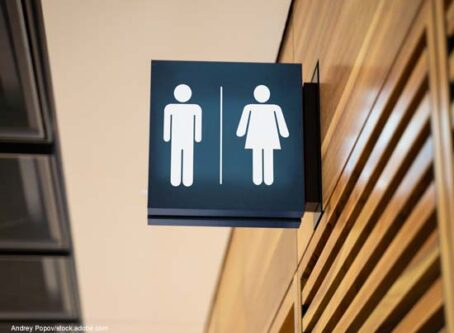Ohio bill continues pursuit to nix ticket cameras
If an Ohio state lawmaker gets his way, communities around the state would have to back up the claim that ticket cameras are more about safety than they are about profit.
Rep. Bill Seitz, R-Cincinnati, has introduced a bill intended to make automated ticketing operations too expensive for local law enforcement throughout the state. Specifically, his bill would require all revenue from red-light and speed cameras to be deducted from municipalities’ state aid payments.
All civil traffic violations, such as ticket camera offenses, would also be required to be filed in municipal courts instead of mayor’s courts or with an administrative hearing officer. Municipalities would be responsible for paying the court costs.
Seitz was the sponsor of a 2014 bill signed into law to severely limit the ability of police to issue automated tickets. Among the provisions in the law was a requirement for police officers to be present at red-light and speed camera sites to witness violations.
The city of Dayton later challenged the law in court. In July 2017, the Ohio Supreme Court ruled the state-imposed restrictions interfere with local authority.
According to the Ohio Legislative Service Commission, at the time the law took effect in 2015 there were about 250 ticket cameras in use by at least 14 municipalities throughout the state. As required by the 2-year-old law, the annual expense to station officers at each location was estimated to be $73 million.
In the past two years multiple communities opted to shut down their ticket programs. Since the court decision this summer, Dayton has reinstalled ticket cameras. The city began sending out $85 tickets for violations on Nov. 1.
Critics say Seitz’s new bill, much like the former, attempts to penalize cities that employ technology to improve safety.
Advocates say if the bill passes, communities that include Dayton will have to put their money where their mouth is about their safety claims.
Automated ticketing has faced a lot of pushback in Ohio in recent years. In November 2014, voters in the city of Cleveland and its suburb of Maple Heights approved ballot questions that mirror the bill’s requirement for police officers to be on the scene to hand out citations.
Nine Ohio locales have acted in the past 12 years to outlaw use of the enforcement tool. Cities that have taken action are Ashtabula, Cincinnati, Chillicothe, Cleveland, Garfield Heights, Heath, Maple Heights, South Euclid and Steubenville.
Seitz’s bill, HB410, is awaiting consideration in the House Government Accountability and Oversight Committee.
To view other legislative activities of interest for Ohio, click here.









